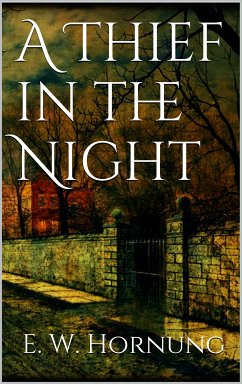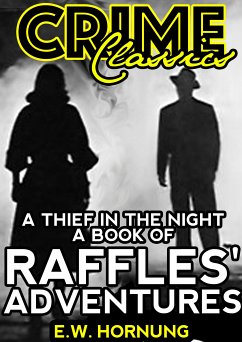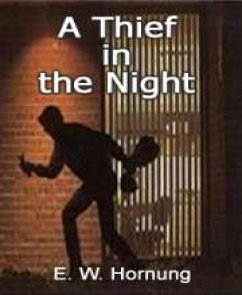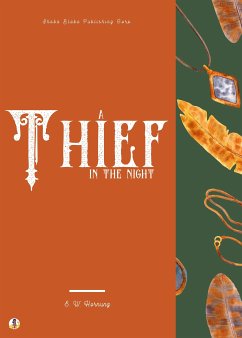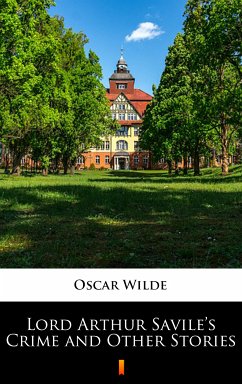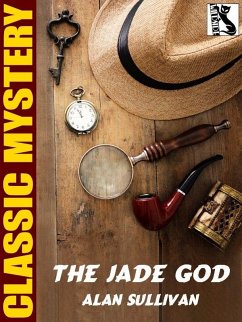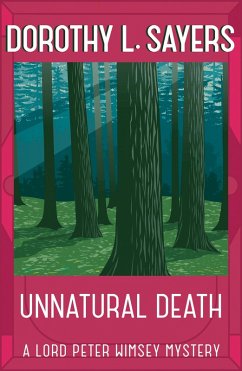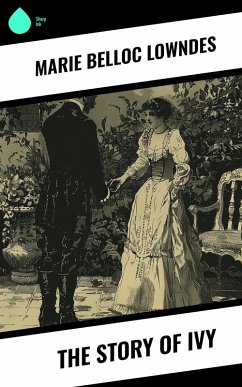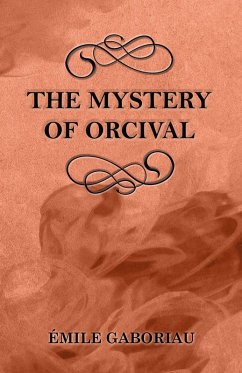
Vikram and the Vampire (eBook, ePUB)
Versandkostenfrei!
Sofort per Download lieferbar
2,99 €
inkl. MwSt.
Weitere Ausgaben:

PAYBACK Punkte
0 °P sammeln!
The Baital-Pachisi, or Twenty-five Tales of a Baital is the history of a huge Bat, Vampire, or Evil Spirit which inhabited and animated dead bodies. It is an old, and thoroughly Hindu, Legend composed in Sanskrit, and is the germ which culminated in the Arabian Nights, and which inspired the "Golden Ass" of Apuleius, Boccacio's "Decamerone," the "Pentamerone," and all that class of facetious fictitious literature. The story turns chiefly on a great king named Vikram, the King Arthur of the East, who in pursuance of his promise to a Jogi or Magician, brings to him the Baital (Vampire), who is h...
The Baital-Pachisi, or Twenty-five Tales of a Baital is the history of a huge Bat, Vampire, or Evil Spirit which inhabited and animated dead bodies. It is an old, and thoroughly Hindu, Legend composed in Sanskrit, and is the germ which culminated in the Arabian Nights, and which inspired the "Golden Ass" of Apuleius, Boccacio's "Decamerone," the "Pentamerone," and all that class of facetious fictitious literature. The story turns chiefly on a great king named Vikram, the King Arthur of the East, who in pursuance of his promise to a Jogi or Magician, brings to him the Baital (Vampire), who is hanging on a tree. The difficulties King Vikram and his son have in bringing the Vampire into the presence of the Jogi are truly laughable; and on this thread is strung a series of Hindu fairy stories, which contain much interesting information on Indian customs and manners. It also alludes to that state, which induces Hindu devotees to allow themselves to be buried alive, and to appear dead for weeks or months, and then to return to life again; a curious state of mesmeric catalepsy, into which they work themselves by concentrating the mind and abstaining from food
Dieser Download kann aus rechtlichen Gründen nur mit Rechnungsadresse in A, B, BG, CY, CZ, D, DK, EW, E, FIN, F, GR, H, IRL, I, LT, L, LR, M, NL, PL, P, R, S, SLO, SK ausgeliefert werden.




